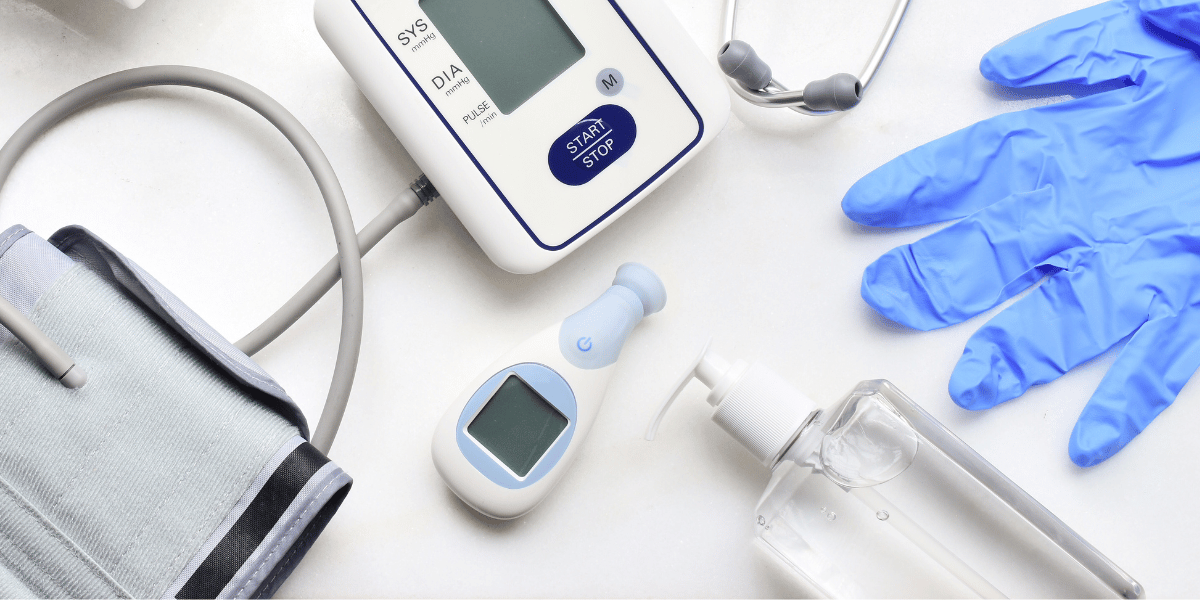Strategic Health Planning - How a Healthy Heart Can Fuel Fat Loss
When it comes to cardio workouts, there are generally two camps of thinking: one is that cardio training will make you lose your hard earned “gains”,...
.png?width=70&height=70&name=Stark_LogoMark%20(1).png)
2 min read
 Stark
:
Jul 15, 2024 11:46:23 AM
Stark
:
Jul 15, 2024 11:46:23 AM

Did you know that something as simple as flossing could have a profound impact on your heart health? Many of us are familiar with the benefits of brushing our teeth, but flossing often falls by the wayside. Explore the fascinating link between oral health and heart health, focusing on how your daily routine can protect your cardiovascular system. Understand why incorporating flossing into oral hygiene habits is more important than you might have thought.
Gum disease, or periodontal disease, doesn't just stop at your mouth. Bacteria from inflamed gums can enter your bloodstream, leading to inflammation in other parts of your body, including your arteries. This systemic inflammation is a significant factor in the development of heart disease. Studies have shown that individuals with gum disease are more likely to suffer from heart conditions such as atherosclerosis, where arteries become clogged, increasing the risk of heart attacks and strokes.
Plaque buildup on your teeth shares an eerie similarity with plaque buildup in your arteries, both of which pose significant health risks. In your mouth, plaque is a sticky film of bacteria that forms on your teeth and gums, leading to cavities and gum disease if not removed through proper oral hygiene, while in your arteries, plaque can accumulate along the artery walls, leading to atherosclerosis. Interestingly, the bacteria from dental plaque can enter the bloodstream, contributing to arterial plaque formation, and exacerbate the narrowing and hardening of arteries. This dual-threat showcases the interconnected nature of oral and cardiovascular health, emphasizing the necessity of diligent dental care to mitigate the risk of heart disease.
When you have gum disease, your body responds with inflammation. While this is a natural defense mechanism, chronic inflammation can cause severe damage over time. In the context of heart health, this inflammation can damage the inner walls of your arteries, making it easier for plaque to build up and restrict blood flow. This connection underscores the importance of maintaining oral health to prevent systemic issues.
The bacteria that cause gum disease can also trigger an immune response throughout your body, leading to further inflammation. These bacteria can travel to different organs, including your heart, aggravating existing conditions and creating new ones. Understanding this pathway highlights the critical nature of oral hygiene in protecting your heart.
Flossing removes food particles and plaque from areas your toothbrush cannot reach. This simple act prevents the buildup of bacteria that can lead to gum disease and added plaque from. Flossing daily is a small step that can have significant benefits for your overall health, especially your heart.
Regular visits to the dentist are crucial for early detection and treatment of gum disease. Your dentist can provide professional cleanings and expert advice tailored to your oral health needs. Early intervention can prevent minor issues from becoming major health concerns.
A diet rich in vitamins and minerals supports both your oral and overall health. Foods high in sugar and acid can erode enamel and promote bacterial growth. Incorporating fruits, vegetables, and dairy products into your diet can strengthen your teeth and gums, reducing the risk of inflammation and related heart issues.
The link between flossing and heart health is a compelling reason to prioritize oral hygiene. By incorporating flossing into your daily routine, attending regular dental check-ups, and maintaining a balanced diet, you can significantly reduce your risk of heart disease. Remember, a few minutes of flossing each day can lead to a lifetime of better health. Start today and see the difference for yourself!

When it comes to cardio workouts, there are generally two camps of thinking: one is that cardio training will make you lose your hard earned “gains”,...

Our health and longevity can be measured by the state of our hearts - especially when we are at rest. Resting heart rate (RHR) is a valuable...

In the labyrinth of our current healthcare system, individuals often find themselves entangled in a web of complexity. This system, more often than...